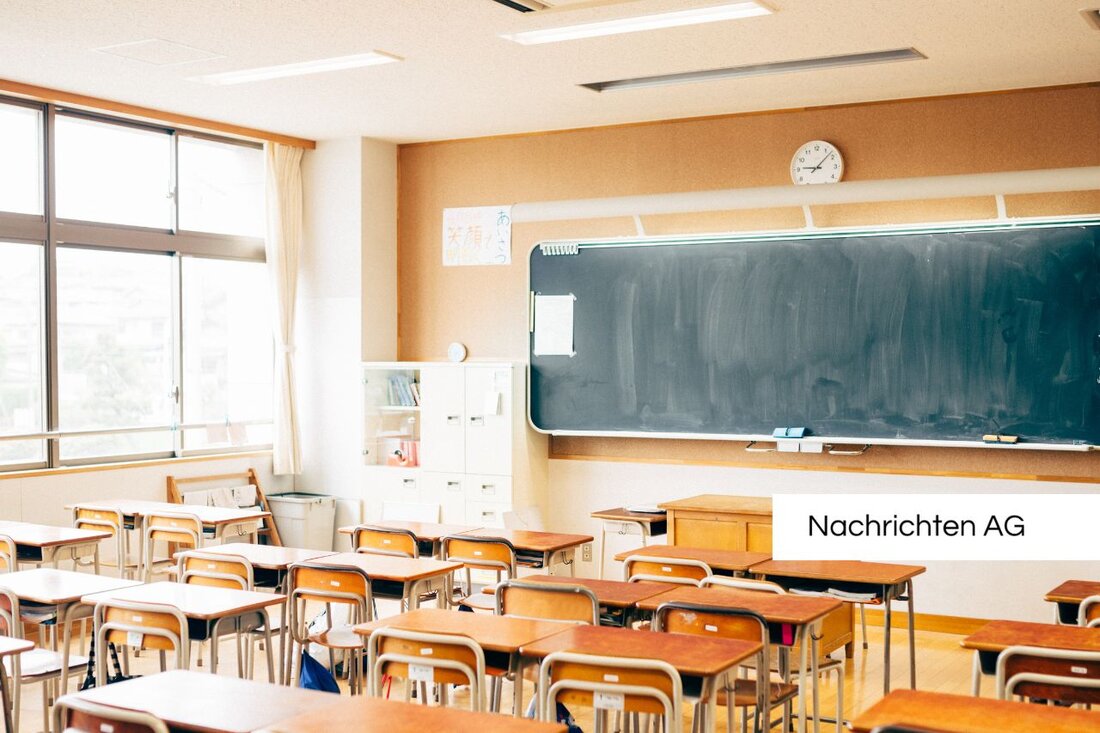Green politics: Preview of important state parliament session in St. Pölten!
The Green Club in the Lower Austrian state parliament will present its political preview for the state parliament session on June 10, 2025 at 11:00 a.m. in St. Pölten. Registration required.

Green politics: Preview of important state parliament session in St. Pölten!
On June 10, 2025, the Green Club in the Lower Austrian state parliament will present a political preview of the upcoming state parliament session. The press conference takes place at 11:00 a.m. in the green club in St. Pölten. Helga Krismer, club chairwoman and state spokeswoman for the Green Lower Austria, will be present. Media representatives are invited, but have to register at 6:00 p.m. until June 9, 2025.
The Green Group has intensively dealt with the topics of education policy in the past few weeks and plans to contribute political applications on April 30 that aim at strengthening early childhood education. A central element of this initiative is the introduction of a mandatory second kindergarten year. This measure is intended to ensure that all children are given the opportunity to communicate in the national language before entering the school.
required measures for better educational success
Georg Ecker from the Greens appeals to the linguistic challenges that many children are faced with when they start school, especially in urban metropolitan areas. In addition, he emphasizes the need for stronger language support in the elementary area, also by reporting opportunities for support from elementary educators. The demands also include a nationwide introduction of school social work, which is not only necessary at secondary schools, but also at elementary schools.
Another aspect of the political agenda is the demand for increased obligations for parents in the school area. Krismer warns that there is a need for action in childcare funding, as outdated income limits and funding heights are burdening more and more families. In the initiative, reference is made to the increasing costs that lead to many parents can no longer use afternoon care.
political education focus
in the sense of an effective educational policy, it was also emphasized that Austria invests less in early childhood education compared to other EU countries. This has far -reaching consequences for social participation and the level of education among the population. The Chamber of Labor in Upper Austria has recently warned that only about 16% of 25 to 29 year olds have a compulsory school leaving certificate as the highest completed training. In addition, around 25% of the 15 to 16 year olds cannot read meaningfully at the end of the mandatory school period.
An important challenge remains the improvement of the specialist child relation to kindergartens in order to ensure the quality of education and working conditions of the educators. An important goal is to reduce group size in kindergartens by the school year 2028/29. Linguistic funding is also a necessary focus, since educational success depends heavily on the social status, which leads to unjust opportunities.
The green areas clear that this is about the future of the children. They hope for broad support for the planned measures that aim to offer all children a fair and high -quality educational basis.
For more information on the topics and patterns in education policy in Austria, the following links can be attended: OTS , OTS .

 Suche
Suche
